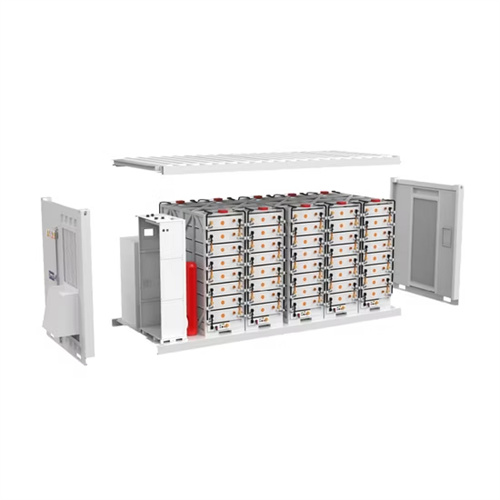About Turkmenistan capacitor energy storage
As the photovoltaic (PV) industry continues to evolve, advancements in Turkmenistan capacitor energy storage have become critical to optimizing the utilization of renewable energy sources. From innovative battery technologies to intelligent energy management systems, these solutions are transforming the way we store and distribute solar-generated electricity.
When you're looking for the latest and most efficient Turkmenistan capacitor energy storage for your PV project, our website offers a comprehensive selection of cutting-edge products designed to meet your specific requirements. Whether you're a renewable energy developer, utility company, or commercial enterprise looking to reduce your carbon footprint, we have the solutions to help you harness the full potential of solar energy.
By interacting with our online customer service, you'll gain a deep understanding of the various Turkmenistan capacitor energy storage featured in our extensive catalog, such as high-efficiency storage batteries and intelligent energy management systems, and how they work together to provide a stable and reliable power supply for your PV projects.
Related Contents
- Turkmenistan capacitor energy storage equipment
- Turkmenistan capacitor energy storage
- Turkmenistan photovoltaic energy storage
- Reduce the energy storage capacitor
- Brazil energy storage capacitor wholesale price
- Small current energy storage capacitor
- Lebanese energy storage capacitor wholesaler
- Pulse capacitor energy storage
- Microwave oven capacitor energy storage
- Luxembourg city farad energy storage capacitor
- 5v energy storage capacitor
- Capacitor energy storage distribution cabinet


